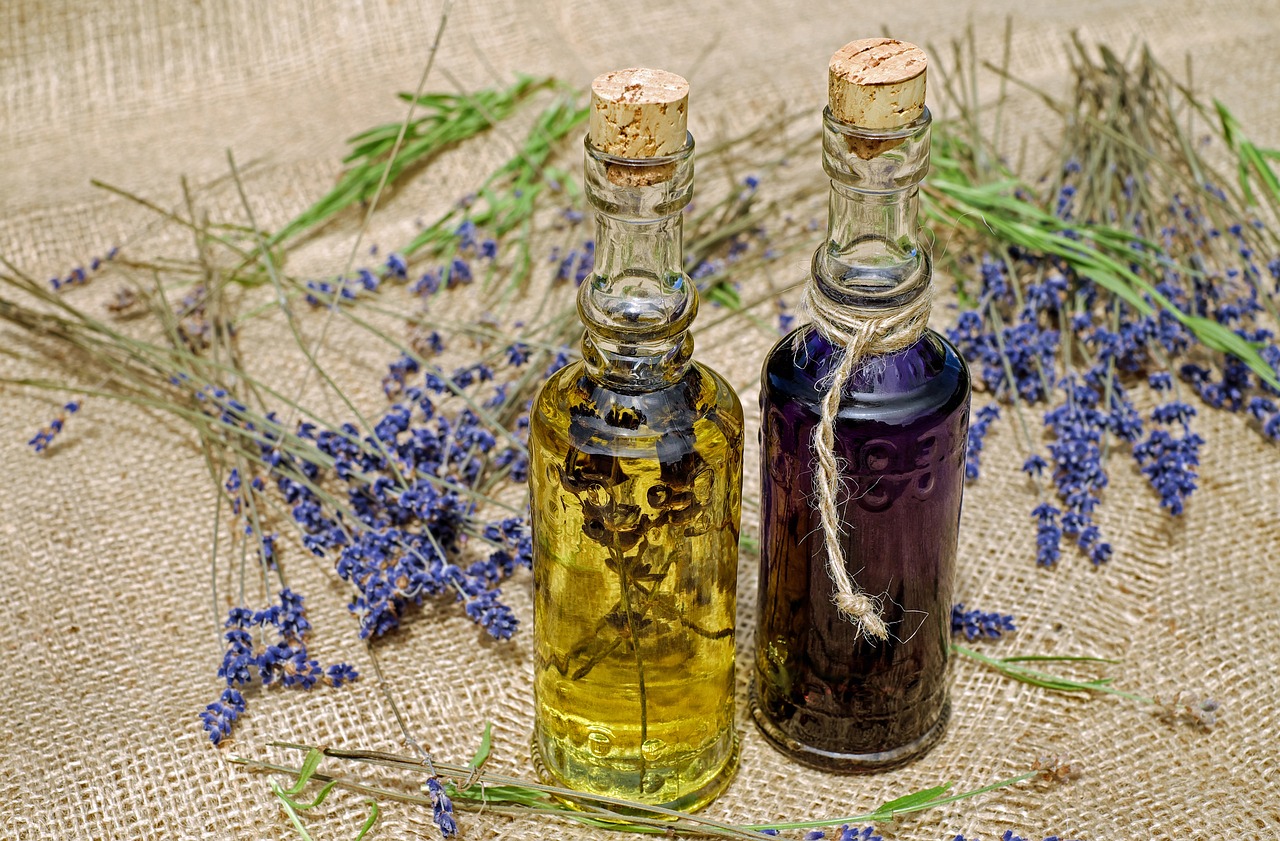We all get that niggling pain sometimes that halts our daily routines. It’s easy to reach the medicine box and pop a bill, but have you thought of natural pain relievers that may not cause too much harm to your body? If you are tired of popping pills every time you get pain anywhere in the body, try these natural pain relievers instead:
Lavender Essential Oil

Essential oils, such as lavender essential oil, are known for their pain-relieving properties. Lavender essential oil, a staple in aromatherapy, contains anti-inflammatory properties that can calm your mind and body. A study published in the Complementary Therapies in Medicine found that lavender oil aromatherapy can help reduce pain in people.
How to use lavender oil?
You can either apply it to your skin or use it as an essential oil. You can use it as a warm compress, bath, and aromatherapy. Ensure that you dilute the essential oil with a carrier oil or water before use.
Turmeric

Turmeric is a natural spice that can be easily found in any kitchen and is known for its healing and pain-relieving properties. A study published in the Journal of Alternative and Complementary Medicine found that turmeric effectively relieves pain. Turmeric contains curcumin, which has antioxidant and anti-inflammatory properties and acts similar to NSAIDs. It is a natural painkiller with fewer side effects than other painkillers and can relieve bone pain from osteoarthritis.
How to add turmeric to your diet?
One of the best ways to include turmeric in your diet is by drinking golden milk. You can have curries, stews, rice, roasted vegetables, smoothies, soups, tea, and several other dishes.
Omega 3 fatty acids

Omega-3 fatty acids have anti-inflammatory properties and can help reduce pain. They can be used to treat arthritis and bowel diseases. Omega-3 fatty acids may also relieve bone and joint pain and lower back and thigh pain associated with menstrual discomfort. Experts say that consuming omega-3 fatty acids can help alleviate menstrual pain.
How to add omega-3 fatty acids to your diet?
Fatty fish like salmon, mackerel, and sardines are high in omega-3 fatty acids, which are good for you. You can also eat flaxseeds, chia seeds, walnuts, and hemp seeds for omega-3s.
Cloves

Native to Indonesia, cloves have always been a part of traditional Indian cuisine. They contain eugenol, which makes them natural painkillers and helps relieve toothaches, colds, nausea, and headaches. Cloves can also help decrease inflammation and alleviate pain.
How to add cloves to your diet?
You can add cloves to a spice blend, try making tea with cloves, and add them to soups and stews, beverages, curries, spices, and smoothies.
Ginger

An aromatic spice, ginger is often used in traditional and modern medicine thanks to its anti-inflammatory properties. A study published in the journal Osteoarthritis and Cartilage found ginger can help relieve pain, just like ibuprofen, a popular painkiller. Due to the presence of shogaol and gingerol, ginger works as a natural painkiller and synthesizes prostaglandins. It can reduce swelling naturally and be very useful for patients with migraines, menstrual pain, stiffness, and arthritis.
How to add ginger to your diet?
One of the best ways to include ginger in your diet is by drinking ginger tea. You can have curries, stews, rice, roasted vegetables, smoothies, soups, tea, and other dishes made with ginger.
Keep this in mind!
Remember to maintain a balanced quantity of these herbs, as excessive consumption of any substance could be detrimental to your health. Verify that you purchase these herbs from a reputable source. Pregnant individuals or those allergic to these herbs should refrain from using them or seek advice from a medical professional before incorporating them into their diet.
Leave a Reply